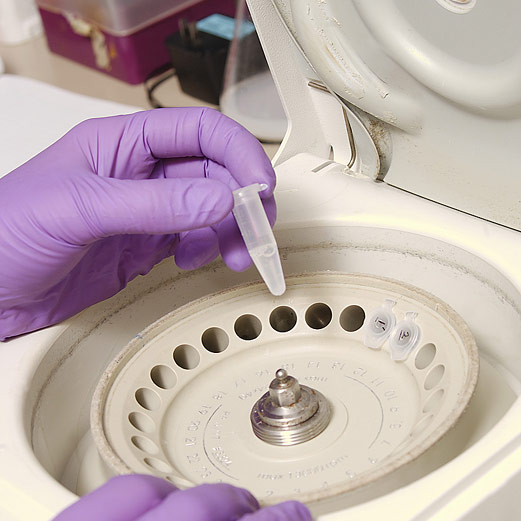
WEDNESDAY, Feb. 29 (HealthDay News) — It might be a good idea to use heart bypass operations as an opportunity to fix mild to moderate cases of leaky mitral valves, a new study shows.
Surgeons typically have repaired only severely leaking mitral valves during bypass operations. The study findings suggest, however, that the procedure to repair the valves, which separate the upper and lower chambers of the heart and can become leaky if their flaps don’t fully close, shouldn’t be so limited.
Researchers were scheduled to discuss the findings in a Wednesday web presentation; the results will also appear in the April issue of the journal Circulation.
“Many patients who need bypass surgery have mild to moderately leaky mitral valves because coronary artery disease causes the heart to enlarge and, in the process, pull the mitral valve apart,” study author K. M. John Chan, a senior clinical research fellow at Imperial College in London, explained in a news release from the American Heart Association.
The study analyzed the experiences of patients with a kind of mitral valve leak called functional ischemic mitral regurgitation. Researchers gave medical tests to 60 patients and randomly assigned them either to receive a bypass operation or receive both a bypass and have their moderately leaky mitral valves repaired.
The researchers then tested the patients a year after the procedures.
Those who had the combined surgery had a threefold increase in exercise capacity and their hearts were an average of about 24 percent smaller — moving toward a normal size — compared with 10 percent in those who only had a bypass procedure.
Blood tests also revealed that the hearts of patients who had both procedures appeared to be less strained.
Dr. Debabrata Mukherjee, chief of cardiovascular medicine at Texas Tech University in El Paso, said the research should be viewed as preliminary since was conducted in a small group of patients and it is not clear what ultimately happened to the patients in terms of future heart attacks, strokes and mortality.
There’s reason for caution in interpreting the results. “Fixing the leak will add surgery time and time on the bypass machine, which may affect rates of postoperative stroke, heart attack, death, etc…,” Mukherjee said. “That needs to be carefully weighed and balanced against a longer-term improvement in functional capacity.”
More information:
For more about mitral valve leakage, try the U.S. National Library of Medicine.

